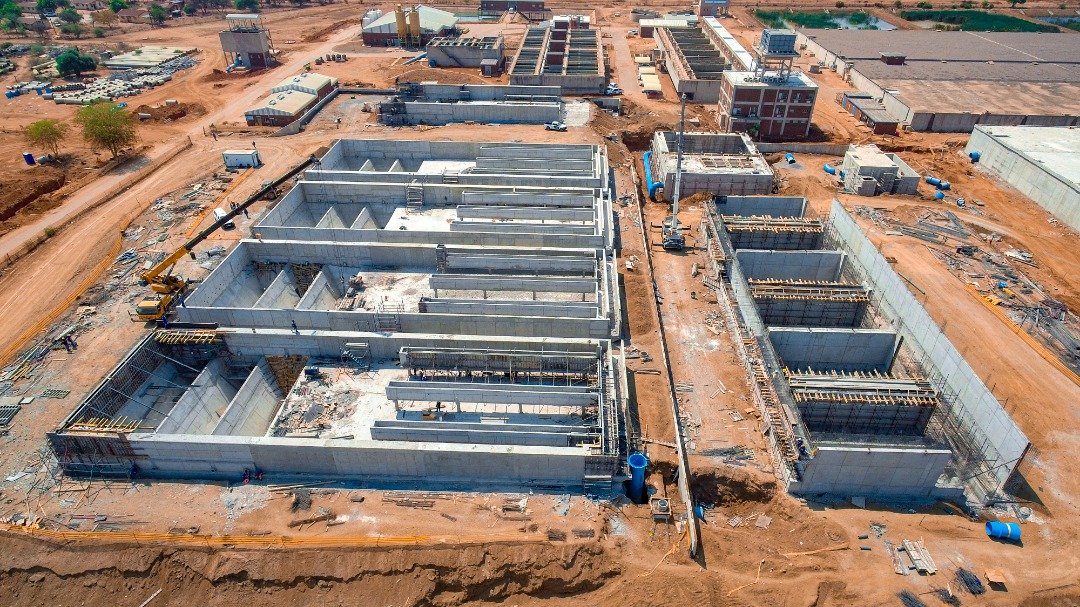-
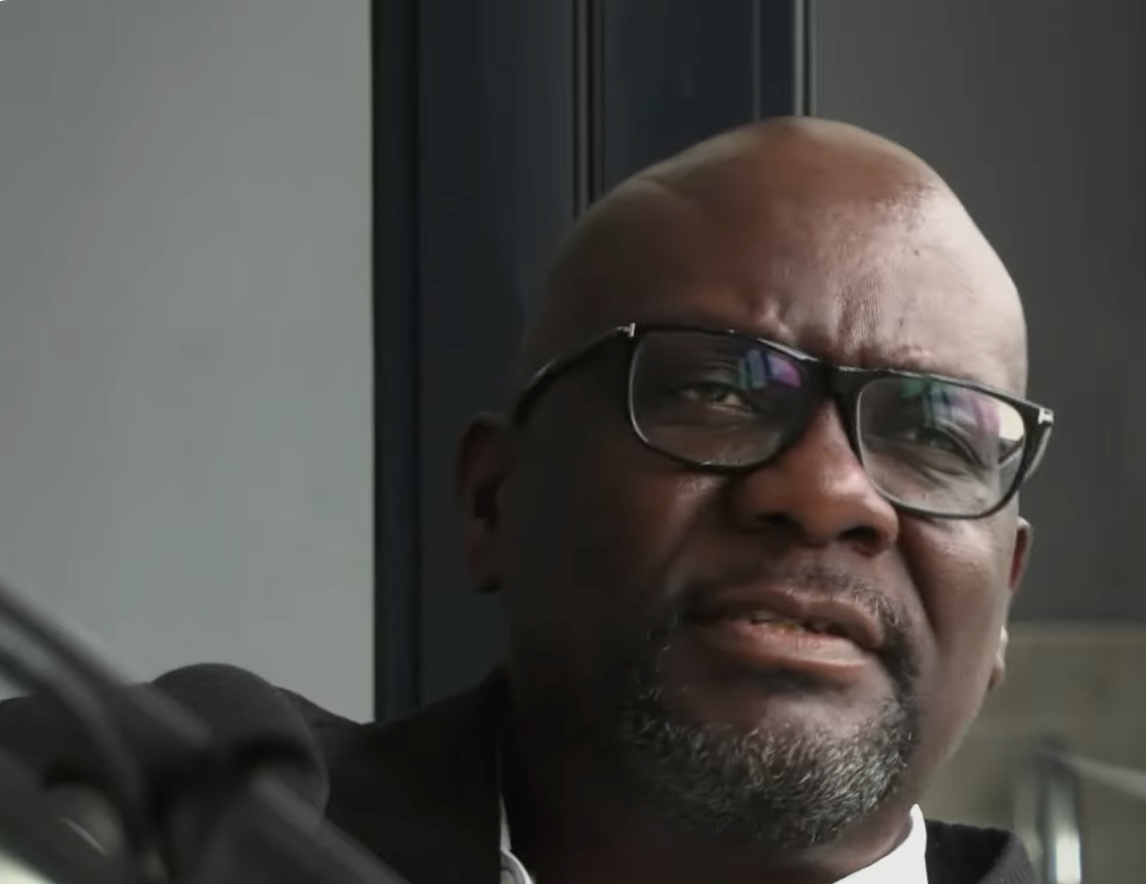 Mulaudzi files R5bn claim against the state
Mulaudzi files R5bn claim against the state
-
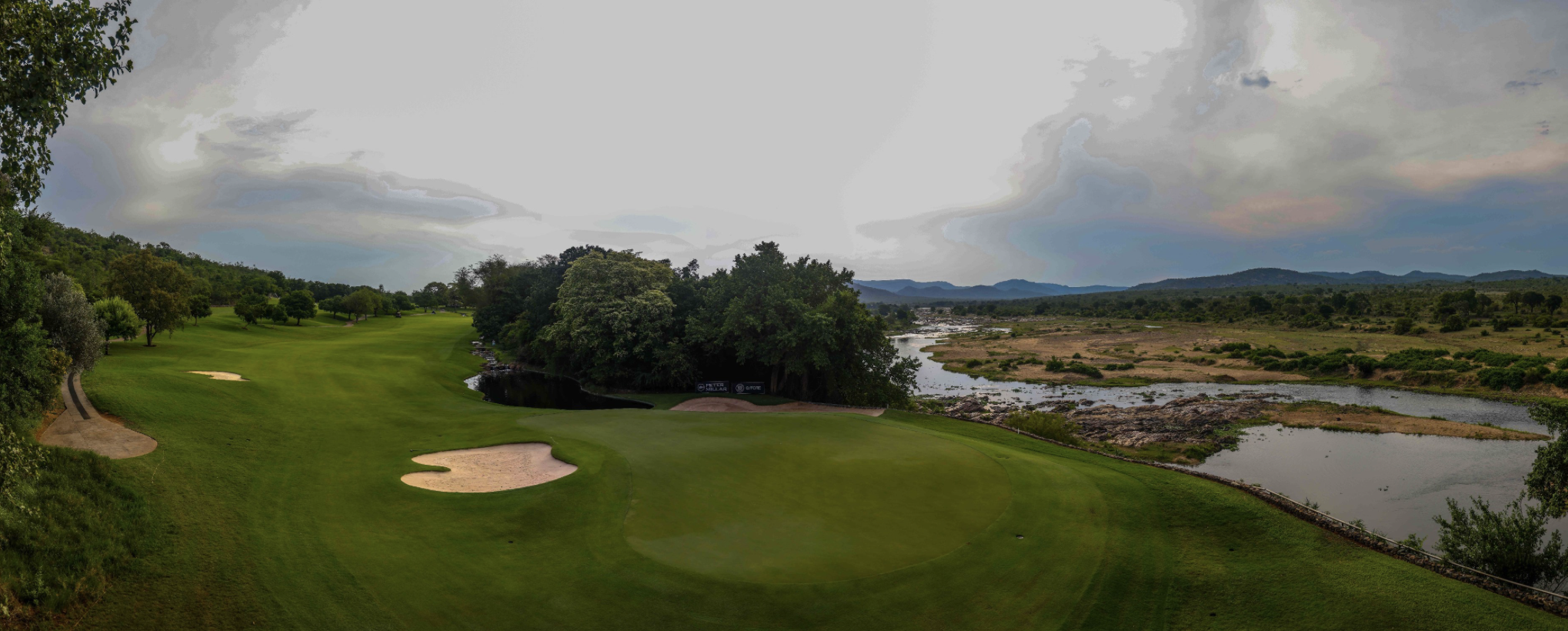 Evaluation Board reinstates disputed value on Rupert’s Mpumalanga property
Evaluation Board reinstates disputed value on Rupert’s Mpumalanga property
-
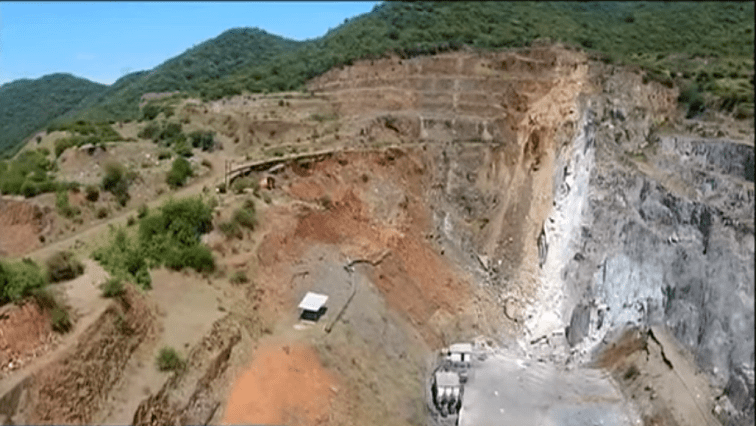 Arqomanzi accused of delaying Lily Mine sale because it’s eyeing R141m profit from loan claim
Arqomanzi accused of delaying Lily Mine sale because it’s eyeing R141m profit from loan claim
-
 Matric cheating rocks Mpumalanga once again
Matric cheating rocks Mpumalanga once again
-
 Mvianga dismisses Royal Bafokeng’s response to his court application
Mvianga dismisses Royal Bafokeng’s response to his court application
-
 ANC denies ever raising funds from City of Matlosana
ANC denies ever raising funds from City of Matlosana
-
 ‘SA must boycott the World Cup’ – Malema
‘SA must boycott the World Cup’ – Malema
-
 Transnet loses third court battle and ordered to pay R60m to Gijima
Transnet loses third court battle and ordered to pay R60m to Gijima
-
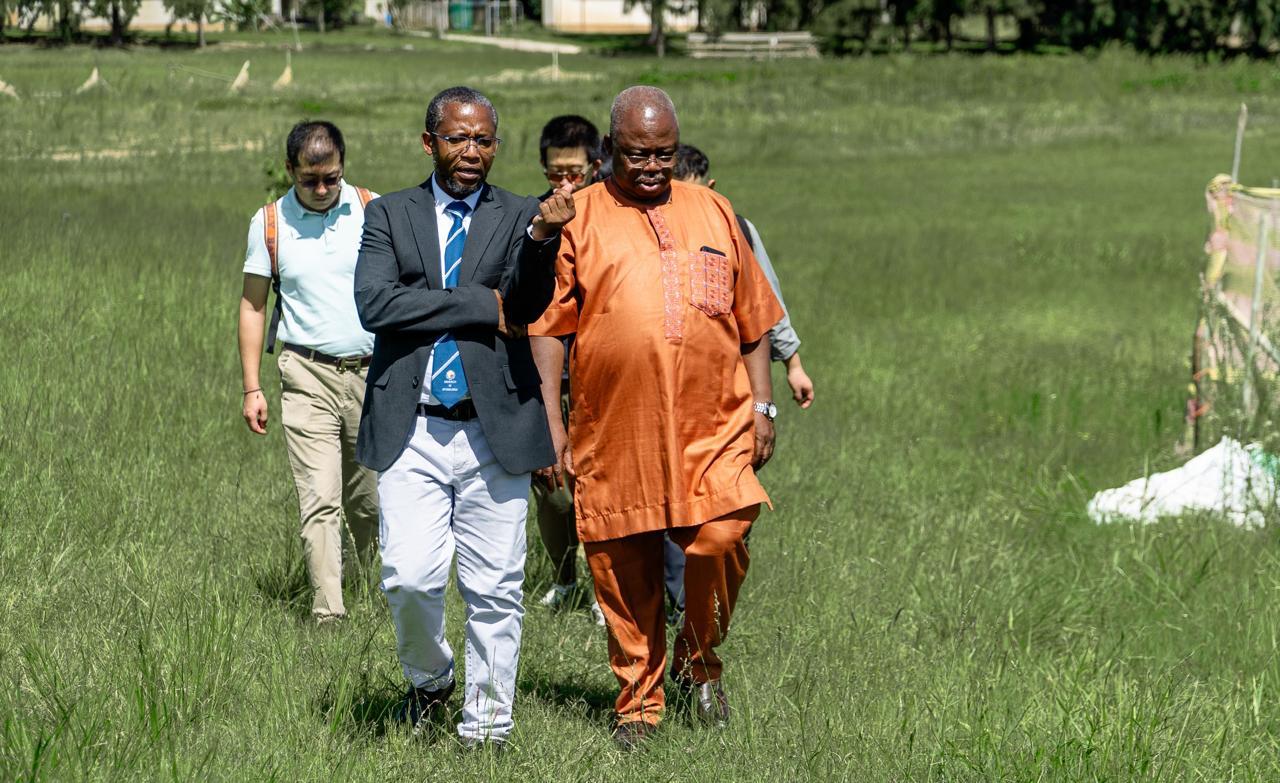 UMP’s ambition to position SA as a leading rice exporter
UMP’s ambition to position SA as a leading rice exporter
-
 Polokwane mayor’s gobbledygook on R41.2 million refund to developer
Polokwane mayor’s gobbledygook on R41.2 million refund to developer
Khato Civils delivers SADC’s largest Water Treatment Plant
Sponsored
As Botswana continues to grapple with the demands of a growing population and the increasing strain on its natural resources, the completion of the Mmamashia Water Treatment Plant expansion is a timely solution that speaks to the country’s forward-thinking approach to sustainable water management.
Undertaken by Khato Civils in joint venture with South Zambezi, this ambitious project represents a significant leap forward for Botswana’s water treatment infrastructure and positions the country as a leader in water management across the Southern African Development Community (SADC) region.
The Mmamashia Water Treatment Plant is a state-of-the-art facility that combines the refurbishment of existing infrastructure with the construction of new, cutting-edge water treatment capabilities. With a total output of 284 mega litres per day, this plant is now one of the largest in the region.
A milestone for African Industry
For Khato Civils, this project represents more than just another successful construction job. It stands as a powerful example of African expertise in an industry that is often dominated by international players.
Chairman Simbi Phiri declared his happiness at delivering a project of this magnitude. “I am very, very happy to know that we were part of providing a solution to Botswana’s water problems. I feel that this should provide black people with an assurance that they are equally capable of delivering this kind of projects which require high technical ability. We are also capable of planning, designing, and executing such projects, provided there is mutual understanding amongst all parties involved– the suppliers, clients and contractors. This project required high levels of ingenuity. We had to make quick decisions that required very close collaboration,” he said.
According to Phiri, their achievements continue to demonstrate that they are a top African firm in matters of construction. “We went into it with one aim of doing it to the very best of our ability. Those that doubted us should now realize that African firms can also succeed in these high-level technical projects. We have come a long way and I know people believe that which they see,” he said.
CEO Mongezi Mnyani expressed his pride in the company’s achievement during the tour of the facility led by Botswana’s Minister of Lands and Water Affairs, Dr. Kefentse Mzwinila on Tuesday.
“We are incredibly proud to have delivered the largest water treatment plant in the SADC region. This project is a testament to the capacity of African companies to excel in industries where, traditionally, Chinese and European firms have held sway,” he said.
Khato Civils, a 100% black-owned company, has proven that local firms are more than capable of competing on a global stage.
Mnyani pointed out that 90% of the workforce was made up of Batswana, with 22 local subcontractors playing key roles in the construction process. Only 10% of the workforce came from South Africa, ensuring that the benefits of this massive infrastructure project were felt by the local economy.
“By involving local communities and subcontractors, we’ve been able to empower Batswana not just through employment but by transferring valuable skills,” Mnyani said. This commitment to local involvement is a key part of Khato Civils’ business model, as the company seeks to uplift the communities in which it operates.
Country Director Ishmael Maposa hailed the company’s work culture as a cornerstone for their success. “We gave subcontractors production targets, as opposed to the conventional way of starting work at 7 am and knocking off at 5pm. If you are able to meet your target in time you move to the next one. We also had a good relationship with our client. Whatever issues came our way we resolved them together,” Maposa said.
As Director of Projects, Kwathu Phiri provided an essential link between the executive and the technical team; ensuring that things moved swiftly and were resolved timeously.
“I involved myself in multiple aspects of the project, ensuring that the Project Manager was well assisted,” he said.
Allen Mamombe, Project Manager for Khato Civils, highlighted the importance of this project in addressing Botswana’s growing water needs. “We’ve successfully built a water treatment plant with a combined capacity of 220 mega liters, incorporating both refurbished existing infrastructure and new additions to the scheme,” he explained.
The addition of another 64 mega litres brings the total output to 284 mega litres, making it a game-changer in the country’s water supply capabilities.
Beyond just increasing water capacity, the project also included the construction of an A1 intersection road, facilitating improved access to the plant. Additionally, a state-of-the-art analytical lab was built on-site to ensure that the quality of the water produced is rigorously tested and monitored.
“We’re committed to ensuring that the water is not only produced in large quantities but that it’s also of the highest quality,” Mamombe added.
Overcoming Challenges, Building Expertise
Like many large-scale projects around the world, the Mmamashia Water Treatment Plant expansion faced several challenges during its construction, not least of which was the global COVID-19 pandemic. The project experienced delays as a result of the pandemic, which disrupted supply chains and limited workforce availability. However, Khato Civils saw this as an opportunity to build resilience and expertise.
Mnyani reflected on the difficulties posed by the pandemic but emphasized that these challenges had ultimately strengthened the company. “The pandemic tested our ability to adapt and innovate,” he said. “It wasn’t easy, but we came out of it stronger and more capable.”
Ensuring Financial Efficiency
In addition to overcoming logistical challenges, the project also required careful financial management to stay on track. Pride Phiri, Director of Finance at Khato Civils, played a pivotal role in streamlining procurement and purchasing processes. “We faced bureaucratic hurdles that could have caused further delays, but by ensuring that I was directly involved on-site, we were able to keep things moving,” Phiri explained.
His presence on the ground allowed for quick decision-making and ensured that any potential issues were swiftly resolved. “It’s crucial to have someone on-site who understands both the financial and operational aspects of the project,” Phiri added.
The hands-on approach taken by Khato Civils proved instrumental in the success of the Mmamashia Water Treatment Plant expansion.
A Year of Fine-Tuning
With the construction phase now complete, the project is entering the next stage: a year-long Defects and Liability Period. During this time, Khato Civils and South Zambezi will focus on fine-tuning the plant’s operations to ensure that it meets all regulatory standards and produces water at the required capacity.
Eddy Sikaala, Director of Projects at South Zambezi, explained the importance of this phase. “We’ll be working to ensure that the water produced meets the necessary chemical standards and is supplied in the volumes for which the plant was designed,” Sikaala said.
He also acknowledged some of the challenges the team had faced, including delays in procuring long-lead equipment, but expressed confidence that these issues would be fully resolved in the coming weeks.
Botswana as a Leader in Water Infrastructure
The successful completion of the Mmamashia Water Treatment Plant expansion is not just a win for Khato Civils and South Zambezi—it’s a triumph for Botswana as a whole.
Minister Mzwinila hailed the project as a critical step in ensuring the country’s water security.
“Botswana has made tremendous progress in water infrastructure. We’ve achieved 98% water access across Africa, and the Mmamashia Water Treatment Plant is a shining example of how we’re leading the way in sustainable water management,” he said.
The minister also highlighted the role that technology is playing in Botswana’s water sector, noting that the installation of smart prepaid meters and the development of a patent for water cleaning are positioning the country at the forefront of water innovation.

